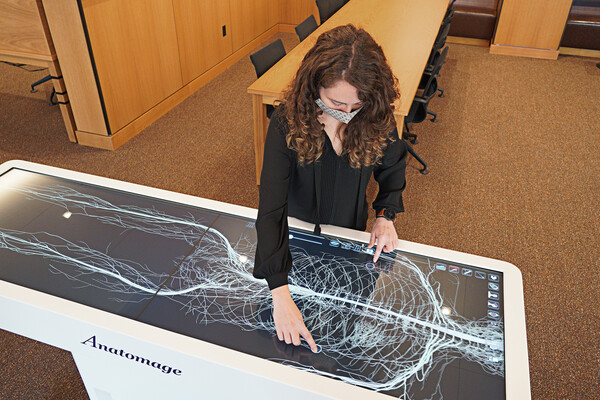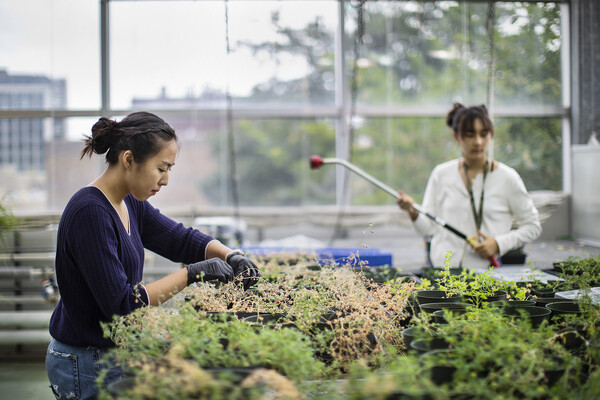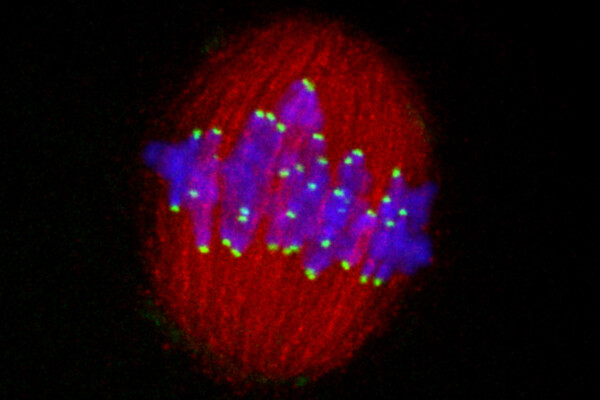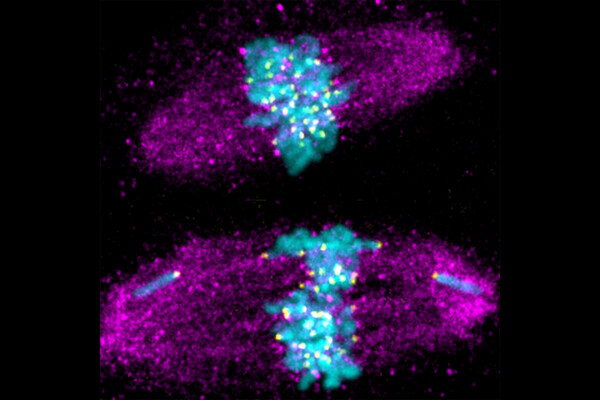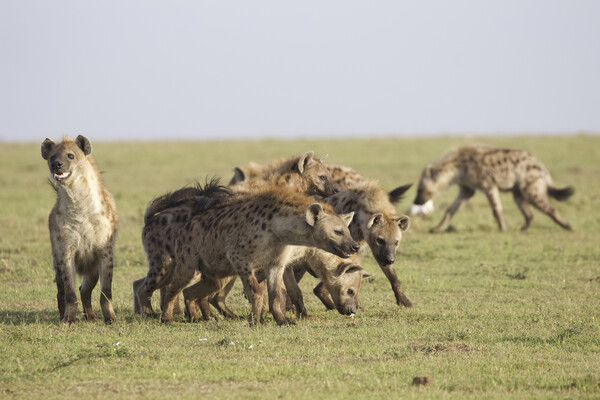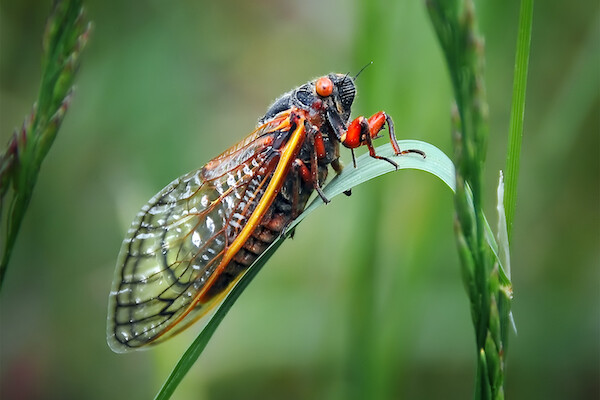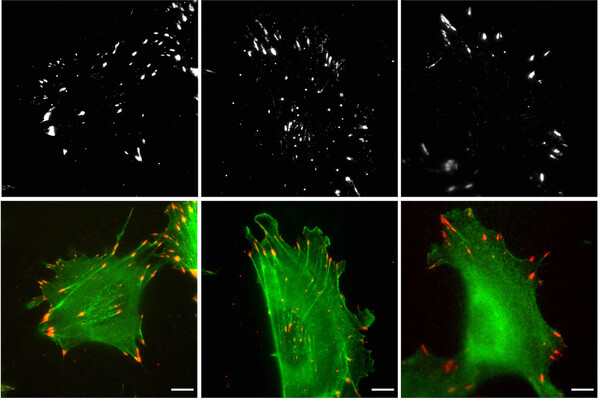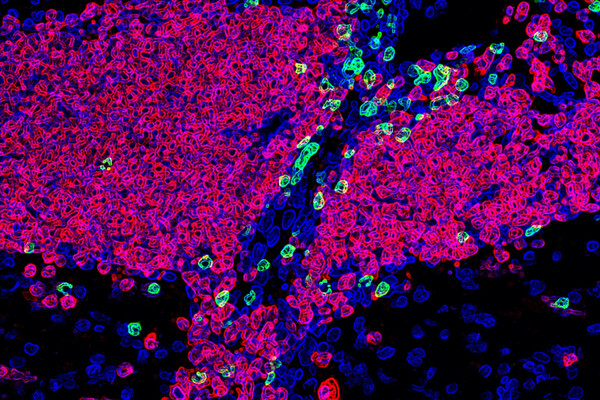4/16
Biology
Penn Libraries opens newly renovated Biotech Commons
The Penn Libraries has transformed its former Biomedical Library into a newly renovated space with a new name, the Biotech Commons.
Mapping words to color
Researchers led by postdoc Colin Twomey and professor Joshua Plotkin developed an algorithm that can infer the communicative needs different linguistic communities place on colors.
Interact, adapt, repeat: A summer studying coevolution
Sophomores Linda Wu and Nova Meng spent the summer studying coevolution among plants, mutualistic bacteria, and parasitic nematodes in Corlett Wood’s biology lab.
Evolutionary ‘arms race’ may help keep cell division honest
Research from the lab of Michael Lampson in the School of Arts & Sciences suggests that certain proteins may have evolved to reduce the likelihood of chromosomes “cheating” to bias their chance of winding up in an egg during the cell-division process meiosis.
Rewiring cell division to make eggs and sperm
Research by the School of Arts & Sciences’ Michael Lampson and Jun Ma, collaborating with Whitehead Institute researchers, reveals how a key protein enables the process of meiosis to unfold.
High-ranking hyena mothers pass their social networks to their cubs
Using 27 years of detailed data on hyena social interactions, a team led by Penn biologists nailed down a pattern of social network inheritance and its implications for social structure, rank, and survival.
Biologist Daniel Janzen illustrates how a cicada is like an oak tree
Janzen, the DiMaura Professor in Biology, on why cicadas (and wildebeests, salmon, and oak trees) act the way they do.
Obscuring the truth can promote cooperation
People are more likely to cooperate if they think others are cooperating, too. New research by biologists in the School of Arts & Sciences shows that overstating the true level of cooperation in a society can increase cooperative behavior overall.
Protein’s ‘silent code’ affects how cells move
A School of Veterinary Medicine-led study shows how, despite having nearly identical amino acid sequences, two forms of the protein actin differ in function due their distinct nucleotide sequences.
With remarkable similarities to MS, a disease in dogs opens new avenues for study
Researchers at the School of Veterinary Medicine led by Jorge Iván Alvarez and Molly Church found that the canine disease granulomatous meningoencephalomyelitis shares many of the same pathological and immunological features as MS.
In the News
When is the best time to take L-theanine—morning or night?
According to Colleen Tewksbury of the School of Nursing, research suggests that L-theanine may help support stress management, sleep, and potentially weight management.
FULL STORY →
Is the flu shot market a slam dunk for mRNA vaccines? Experts aren’t so sure
Scott Hensley of the Perelman School of Medicine is working on a flu vaccine to provide protection against 20 subtypes of flu that may pose a pandemic threat in the future.
FULL STORY →
Thanks, Neanderthals: How our ancient relatives could help find new antibiotics
A study by César de la Fuente of the Perelman School of Medicine and colleagues used AI to recreate molecules from ancient humans that could be potential candidates for antimicrobial treatments.
FULL STORY →
Long COVID brain fog may originate in a surprising place, say scientists
A study by Christoph Thaiss and Maayan Levy of the Perelman School of Medicine and colleagues finds that long COVID’s neurological symptoms, like brain fog, memory loss, and fatigue, may stem from serotonin reduction.
FULL STORY →
Long COVID research is in its ‘most hopeful’ phase yet
A study by Christoph Thaiss and Maayan Levy of the Perelman School of Medicine and colleagues suggests that serotonin could be a target for long COVID treatment.
FULL STORY →
A crucial pattern behind long COVID may have been identified
A study by Christoph Thaiss and Maayan Levy of the Perelman School of Medicine and colleagues suggests that several current hypotheses for the pathophysiology of long COVID are linked by a single pathway that is connected by serotonin reduction.
FULL STORY →




